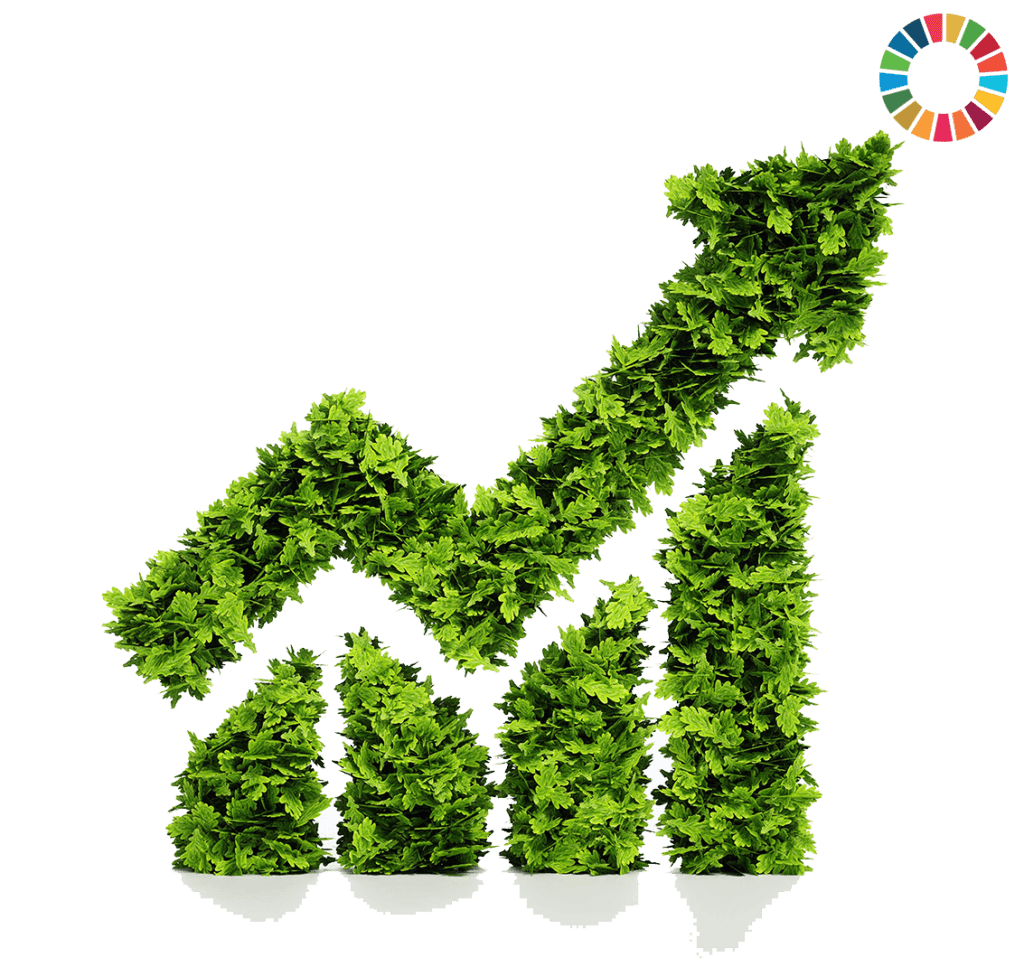[userpro template=login login_redirect=http://zamisli2030.ba/]
[userpro template=register register_redirect=http://zamisli2030.ba/]

The SDG Roll out support and Private Sector Engagement Project, implemented by UNDP in Bosnia and Herzegovina (BiH) and funded by Sweden, is inviting all interested Small and Medium Enterprises (SMEs) from BiH to explore the Call for Expression of Interest to participate in a Decarbonisation Challenge.
This intervention is looking to identify and engage five companies from BIH to recover smarter and better, and to setup sustainable approaches for future operation by piloting specific short-term interventions that would contribute to the decarbonisation of their business operations.
The newly introduced business models or practices entail that not only their environmental impact is minimized, but that the economic and social impact is positive, leading to sustainable growth and expanded business opportunities, even at a time of crisis. This is to instigate a portfolio of concrete actions and scalable innovative solutions with small and medium sized companies from Bosnia and Herzegovina. Those actions should contribute to decarbonisation and show a path towards a central aim of the decarbonisation strategy – getting to net zero emissions and stabilizing climate change. The intervention will also contribute to a palette of ideas for improvement of air quality, another developmental issue in the country.
The SME Decarbonisation Challenge will contribute to sustainable and green recovery of the private sector in BiH by supporting pioneer companies in:
The goal of this initiative is to support companies in development of the tangible and replicable approach towards decarbonisation.
UNDP in BIH intends to widen the portfolio of solutions for a sustainable economic recovery and support further transformation of business practices in BIH towards carbon neutrality. The stimulus packages to support the economic recovery will only be just and efficient if they support the transition to a resource-efficient, green and circular economy.
The goal of the Challenge is to support companies in development of a tangible approach to decarbonising their business operations.
Once selected for participation in this challenge, SMEs will be offered:
This support is transformational in its nature and it focuses on identifying and rooting new sustainable approaches and business models based on decarbonisation.
At the end of the assistance, the following main results are expected to be achieved:
The assistance process will be provided over the period April – September 2021.
The indicative financial framework of support per business amounts up to BAM 30,000 (with minimum 30% contribution by a grantee).